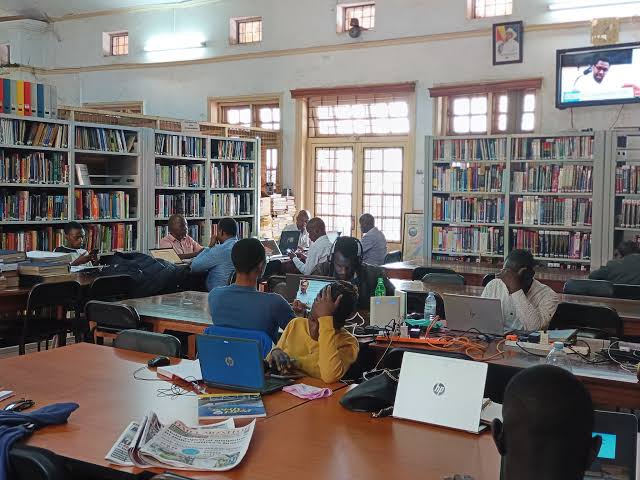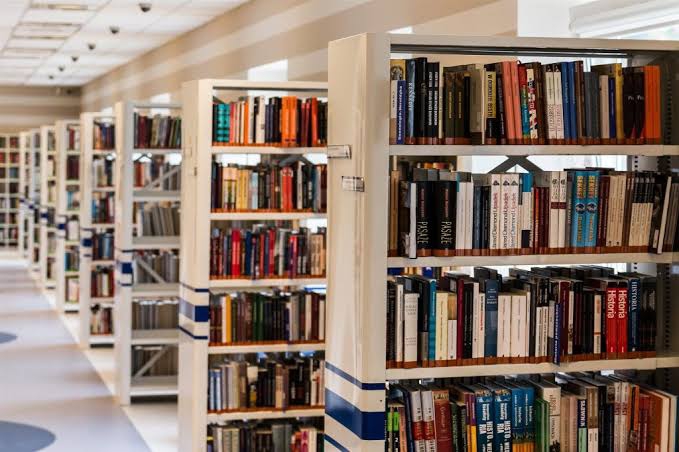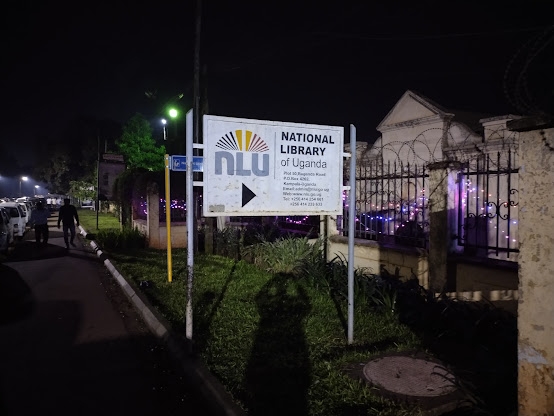




National Library of Uganda – A Vault of Knowledge and Memory
History African@africanhistory
11 days ago
Situated in the heart of Kampala along Buganda Road, the National Library of Uganda is more than just a library—it is the custodian of Uganda’s intellectual and cultural legacy. Established under the National Library Act of 2003 (replacing the Public Libraries Board Act of 1964), the institution is responsible for collecting, preserving, and providing access to all published material in Uganda. It also plays a pivotal role in promoting literacy, research, and the national reading culture.
Historical Foundation and Purpose
Although officially established in 2003, the functions of a national repository trace back to Uganda’s early post-independence period. The reformation into the National Library of Uganda (NLU) aimed to strengthen its mandate in legal deposit, national bibliographic control, and public access to information. It serves as the national agency for ISBN and ISSN issuance, ensuring Ugandan publications are internationally recognized and catalogued.
Functions and National Role
The NLU is mandated to:
Collect and preserve all works published in Uganda under the Legal Deposit Law
Promote literacy and a reading culture through public libraries and outreach programs
Maintain and publish the National Bibliography of Uganda
Support the establishment and development of public and community libraries countrywide
Serve as a reference and research hub for both local and international scholars
A Gateway to Digital Literacy
With support from partners like EIFL and Book Aid International, the National Library has embraced digital literacy programs and innovation hubs. Initiatives include:
Establishment of children's corners equipped with e-readers
Free public internet access points in library branches
Participation in the World Digital Library project (with the Library of Congress)
Digitization of rare Ugandan books and publications for global access
Architecture and Facilities
The library building is a simple but functional three-story structure. Inside, one finds open reading areas, children's learning spaces, administrative offices, and archives. It also hosts exhibitions and book launches that celebrate Ugandan authors and publishers. The environment encourages silent study, and visitors benefit from knowledgeable staff and organized cataloguing systems.
Outreach and Partnerships
NLU partners with schools, universities, international organizations, and local governments to establish regional library centers and community learning initiatives. Its programs aim to reach rural populations and vulnerable groups such as the youth, elderly, and people with disabilities.
Visitor Tips
Entry is free and open to the public during working hours (usually Monday to Friday, 9am–5pm).
Carry valid ID to register for a reader’s pass.
Researchers can request access to special collections or archived materials.
Look out for public reading events and literacy campaigns regularly hosted at the library.
The Future of Uganda’s Literacy Hub
The National Library continues to evolve as a dynamic institution balancing tradition and technology. It is at the forefront of preserving Uganda’s print heritage while fostering digital access to information for all citizens. As Uganda embraces knowledge-based development, the NLU remains a foundational pillar of learning and memory.
#NationalLibraryUganda #KampalaLandmarks #UgandanHeritage #PublicLibrariesUG #ReadingCultureUG #PreserveKnowledge #LegalDeposit #DigitalLiteracyUG #EastAfricaLibraries #BookLoversHaven #KnowledgePreservation #UgandaCulture
Photo Credit: Wikimedia
